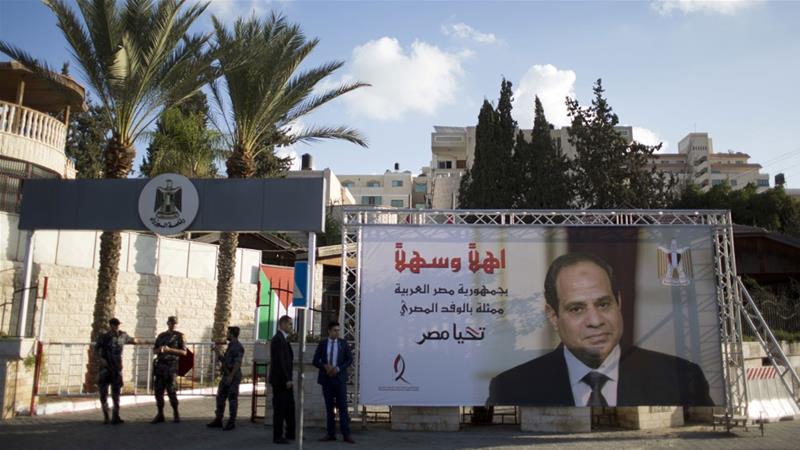The Egyptian Government has signed a new law that restricts the use of social media in Egyptian cyberspace. The President of Egypt, Abdel Fattah el-Sisi signed a new law called the cybercrime legislation which allows Egyptian authorities order websites that they consider a threat to National Security blocked through the orders of a judge.
The law also provides for the arrest of those who run such websites where they either face jail time or pay a certain amount as fine.
The cybercrime legislation has been widely criticized by the general public as an attack against the freedom of Speech in Egypt.
The cybercrime legislation also legalizes the punishment by law of people who visit such illegal or banned websites either ignorantly or with fore-knowledge as Egyptian authorities view such websites as threatening to the economic and national security interest of Egypt.
The legislation imposes jail terms of up to five years and fines ranging between 10,000 and 20 million Egyptian pounds ($560 and $1.1m) for offenders.
The legislation further requires that Internet service providers supply Egyptian authorities with the personal information of suspected offenders.
The Egyptian parliament had approved a similar bill last month which empowers the Supreme Council for Media Regulations with the power to monitor Egyptian social media.
Read: Unruly White Doctor Complains of Black Person Treatment During Arrest
The legislation sought to place social media accounts with more than 5,000 followers under strict supervision; this particular bill is yet to be signed into law by the Egyptian President.
This law would enable the council suspend or block any personal account which “publishes or broadcasts fake news or anything (information) inciting violating the law, violence or hatred”. According to the state Gazette
While Egyptian authorities insist that the new legislation and measures are needed to tackle instability and security threats in the country, domestic and international human rights activists have accused the government of seeking to crush dissent by arresting activists and bloggers as well as blocking news sites.
Egyptian activists say they are facing one of the worst crackdowns in the history of Egypt and accuse President Sisi of erasing freedoms won in the 2011 Arab Spring uprising that ended the 30 year rule of President Hosni Mubarak.
Egypt joins Zambia and Uganda in trying to control their country’s cyberspace and crush dissent among the population.




 Premier League
Premier League